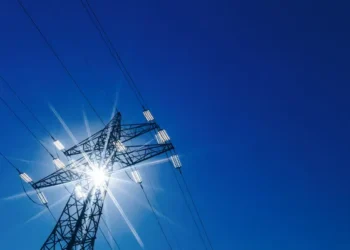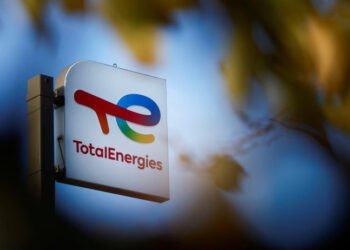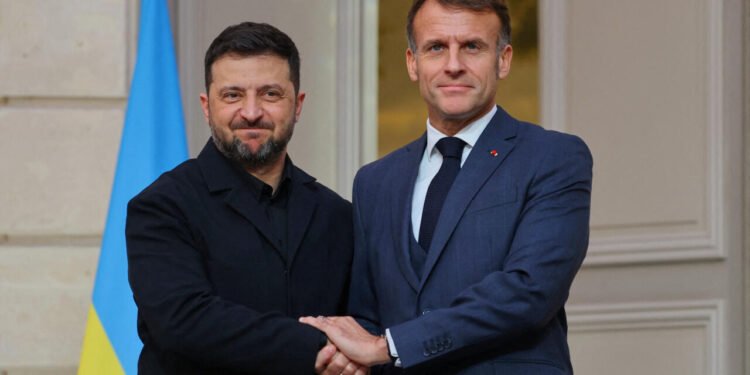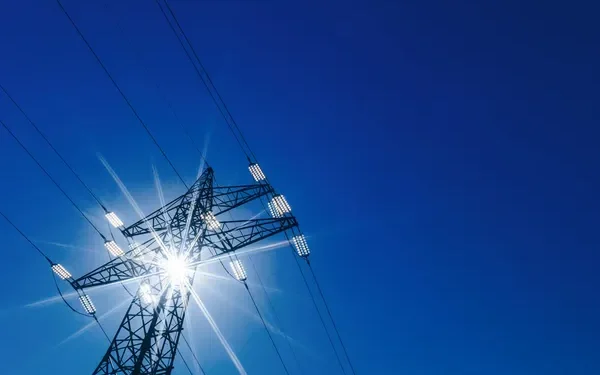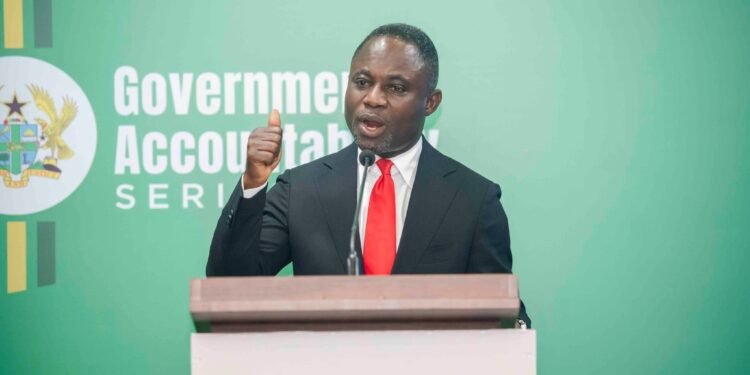Hon. John Abdulai Jinapor, Ghana’s Minister of Energy and Green Transition, has called for a transformative shift in the country’s energy approach, emphasizing the need to transition from costly liquid fuel imports to domestic gas processing.
In his latest address, he revealed that Ghana is currently spending an unsustainable $800 million annually on liquid fuel imports and argued that establishing a domestic gas processing plant could significantly reduce this expenditure.
According to the Minister, building a gas processing plant would cost between $500 million and $600 million, a one-time investment that could result in long-term savings of nearly a billion dollars annually.
He pointed out that Ghana is currently flaring gas, which is a wasted resource that could be put to productive use in local processing plants.
“If we invest in a gas processing plant, we can cut fuel costs by nearly a billion dollars annually.
“This is an opportunity for us to not only reduce our foreign exchange expenditure but also strengthen our energy sector.”
Hon. John Abdulai Jinapor, Ghana’s Minister of Energy and Green Transition
This call comes as the global energy landscape continues to evolve, with many countries focusing on sustainable energy solutions and transitioning away from fossil fuels.
Ghana, despite being one of the more resource-rich nations in West Africa, has long faced challenges in efficiently utilizing its gas resources.
Hon. Jinapor’s remarks underscore the government’s commitment to addressing energy sector inefficiencies and promoting sustainability through better resource management.
The Minister further emphasized that the establishment of a second gas processing plant would be done through a competitive and transparent process.
He assured that this development would ensure accountability and long-term savings, making it a crucial step in Ghana’s energy transition.
Addressing concerns about ECG’s procurement inefficiencies, the Minister revealed that 3,000 containers are currently stuck at the port, with ECG paying $1.5 billion in demurrage.
Hon. Jinapor also advocated the installation of boundary meters across the ECG network to improve electricity tracking and billing efficiency. “With boundary meters, we can determine exactly how much power is supplied to each concession area, making it easier to monitor revenue collection,” he stated.
The Minister urged stakeholders to exercise patience while the procurement review is completed.
“We must standardize and properly manage procurement to avoid unnecessary expenditures and inefficiencies.”
Hon. John Abdulai Jinapor, Ghana’s Minister of Energy and Green Transition
Commitment to Reform
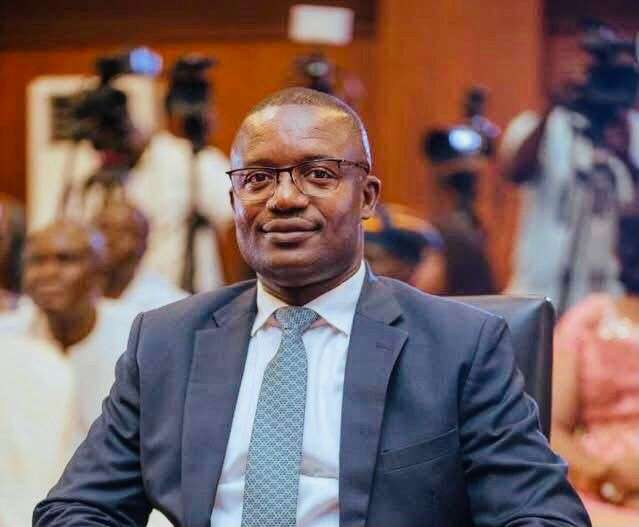
The Minister set a mid-year target to achieve significant progress, emphasizing the need for continuous collaboration among stakeholders. He also announced plans to seek parliamentary approval for power procurement agreements, ensuring a structured and legally binding framework.
“Our priority is to create a stable, transparent, and efficient energy sector.
“We will continue working with Parliament and our development partners to ensure these reforms yield positive results.”
Hon. John Abdulai Jinapor, Ghana’s Minister of Energy and Green Transition
Hon. Jinapor expressed gratitude to the IMF, the World Bank, and other stakeholders for their support, reaffirming the government’s commitment to addressing challenges through strategic reforms.
The IMF underscored the necessity of structural reforms in the energy sector, particularly the ECG Private Sector Participation (PSP) initiative, to drive meaningful change and ensure that Ghana’s energy sector operates more efficiently and sustainably.
Additionally, they highlighted the gap between ECG’s actual collections and the declared amounts in the Cash Waterfall Mechanism (CWM) account. Strengthening this process is crucial to improving financial accountability and minimizing revenue losses.
The IMF warned that delays in publishing and implementing the Q4 2024 and Q1 2025 tariff adjustments could worsen the financial shortfall in the energy sector.
To mitigate this, immediate action is required, including the prompt constitution of the Public Utilities Regulatory Commission (PURC) board to oversee and facilitate the necessary adjustments.
The World Bank pledged its technical support towards the ECG PSP reforms, reaffirming its commitment to helping Ghana build a more sustainable energy sector.
Ghana’s push for a gas processing plant, ECG procurement reforms, and private sector involvement in energy management signals a strategic shift toward long-term efficiency and cost reduction.
By ensuring transparent procurement practices, improving metering systems, and securing international support, the government aims to stabilize the energy sector and enhance financial sustainability.
The coming months will be crucial in determining the success of these initiatives as Ghana seeks to transform its power sector into a more efficient, accountable, and financially sustainable system.
READ ALSO: MTN Ghana Closes at GHS2.76 in Light Trading Session on the GSE





